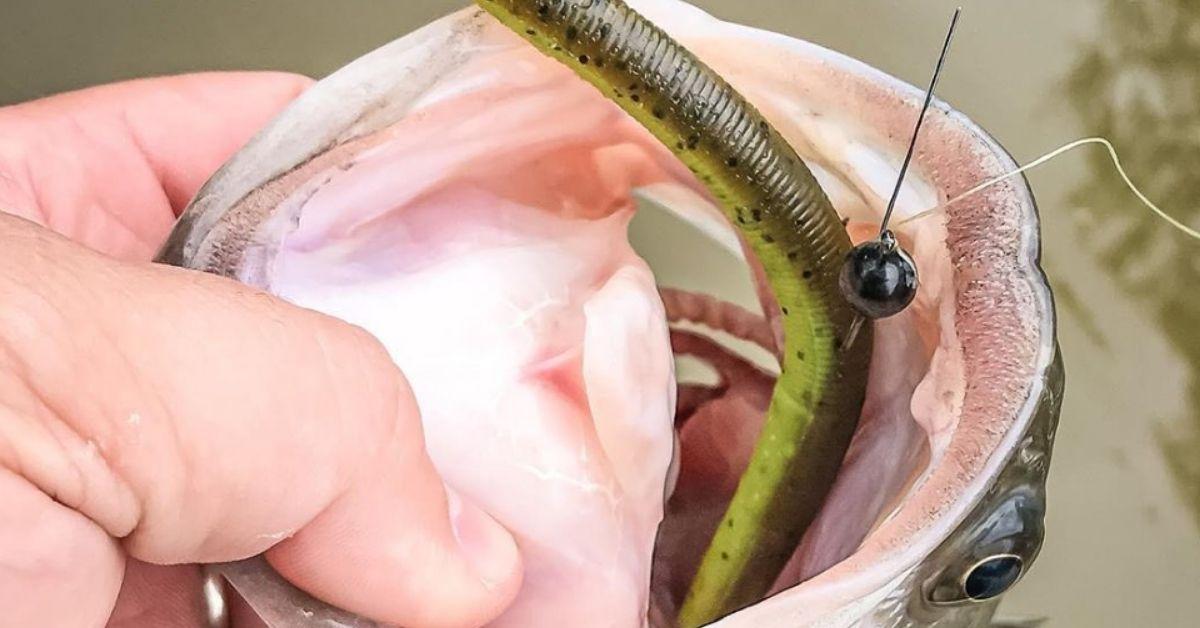Fishing On A Budget: Cost-Effective Methods For Catching Bass
I like bass fishing almost as much as I like keeping money in my wallet. Fishing is my hobby, my passion, and undoubtedly my favorite way to spend time. But lures are expensive and I'm not made of money.
I'm always hunting for ways to save money that get me fishing. I think every angler is. Today, we're focusing on frugality and simplicity when it comes to bass fishing. I've put together a simple break down of the essential items needed to get started in bass fishing. You can adapt these recommendations to suit your budget or fishing needs.
First Things First
First off, you're going to need a fishing rod and a fishing reel. While you can purchase those items individually, buying a rod and reel together in a combination pack or "combo" is rule number one in saving money as an angler.
Getting your rod and reel in combination will also make sure your gear matches up correctly. Rod and reel combos are the most accessible and most affordable way to get into bass fishing.
In Bass fishing, anglers use both spinning and casting rods. But, for the sake of simplicity, we're going to focus on spinning rods today. Spinning rods are more user friendly and easier to use when compared to casting rods. So, if you're just starting, definitely choose a spinning combo.
Fishing Rod Length
Source: Mitchell Fishing
A six and a half to seven-foot spinning rod will be perfect for someone just getting into the sport. The length of a fishing rod impacts casting distance, shock absorption when battling fish, and the ability to detect bites. I've found that a spinning rod between 6 and 7 feet long will work in almost every situation.
If you plan on making long bombing casts, go with a longer rod. A shorter rod is easier to make casts without getting caught on that branch or bush behind you.
Fishing Rod Power
SOURCE: ALLFISHINGBUY
Bass fishing is all about versatility—anglers need to regularly change tactics, locations, and fishing lures to stay on top of fish. With so many fishing lures on the market today, you'll want a rod that can fish as many techniques as possible. And for this reason, we feel a medium power rod will work best.
Medium power spinning rods can usually handle lures ranging in weights from ⅛ oz to ½oz.
With a plethora of bass lures weighing between ⅛ and ½ ounce, the medium power spinning rod will be perfect for someone just getting into the sport.
Fishing Reel
Left - Casting Reel
Right - Spinning Reel
Almost every reel that companies pair with medium power spinning rods will be in sizes between 2500-3000, reels in these sizes work perfectly for bass fishing. The reel you will be purchasing will already be attached to your rod, which makes the entire process much more comfortable.
Three Things To Look For When Buying A Spinning Reel
1) The materials used (avoid plastic)
2) The number of ball bearings (more = better)
3) The reels overall feel and look
Fishing Line
Fishing line is what connects your rod to your lure, and ultimately its what connects you to the fish. So, it's essential to have a fishing line you're confident in. In bass fishing, the three most popular fishing lines are braided line, fluorocarbon line, and monofilament line
While braid and fluorocarbon are much more prevalent among hardcore bass anglers, we're going to recommend that you start off using monofilament. Can braided/fluorocarbon out preform monofilament? Yes, more times than not. But that isn't the point.
Monofilament is cheaper and more user friendly than other line types, which is why I am recommending you start with mono. Once you feel confident in your casting abilities, experiment with the other lines. Until then, you're going to save yourself a lot of time, money, and frustration by using monofilament. Use an 8-10lb monofilament line on your medium action spinning combination rod.
Fishing Lures
Step into any tackle shop, and you'll see aisles and aisles of fishing lures that resemble anything from a crawfish to ducklings. Why so many lures? Well, part of it is because bass will eat almost anything, and having lure variety is critical.
Now that you're set up with your rod and reel, we're going to keep things simple and give you three bait styles to start with.
1) Jig
2) Spinnerbait
3) Plastic Worm (Senko)
Updated July 22nd, 2020 at 7:18 AM CT


